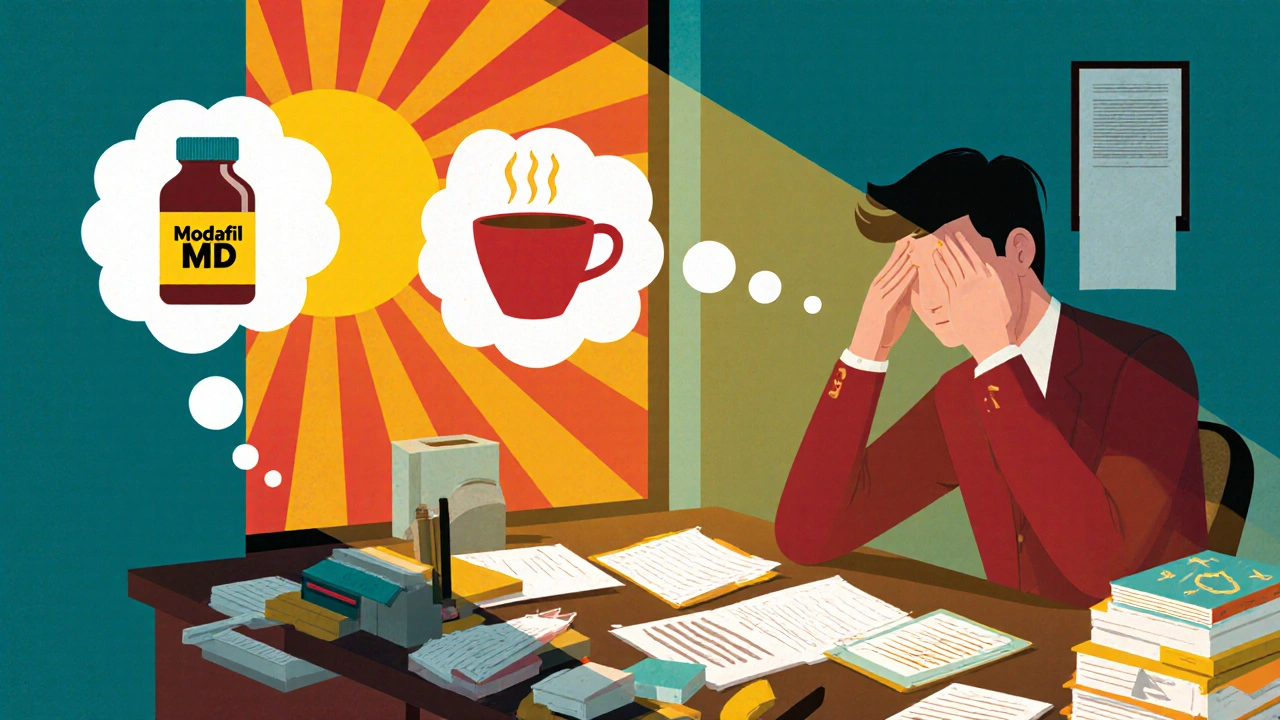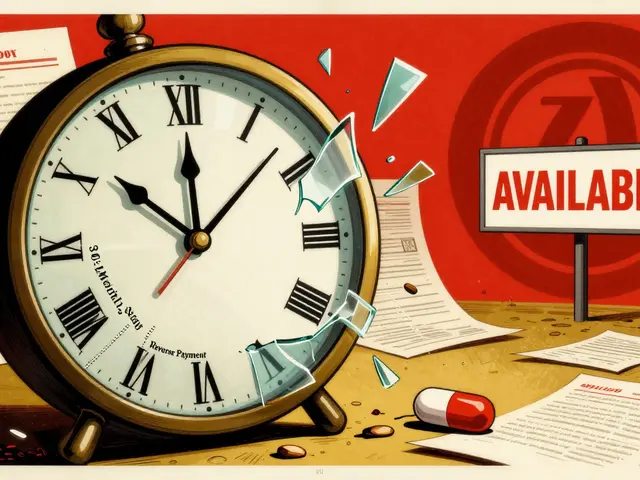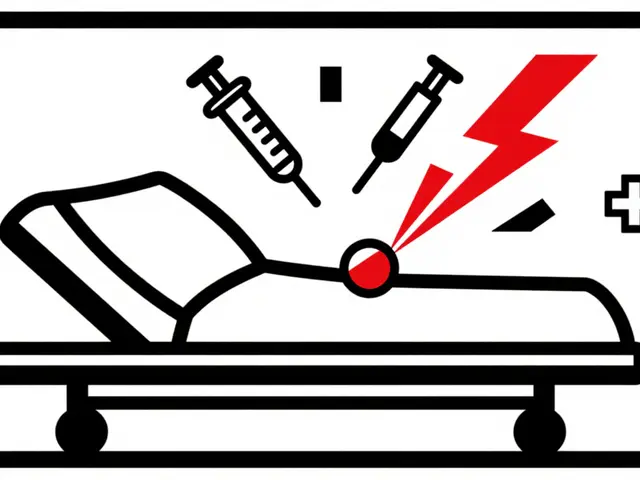Wakefulness Drugs: What Works, What Doesn’t, and Which Ones Doctors Actually Recommend
When you need to stay alert but can’t afford to crash, wakefulness drugs, prescription or off-label stimulants designed to promote sustained alertness without the jittery high of caffeine or amphetamines. Also known as eugeroics, they’re used by shift workers, students, and even pilots to fight fatigue when sleep isn’t an option. These aren’t party pills or energy drinks—they’re tools with real science behind them, and they come with real risks if misused.
The most common name you’ll hear is Modafinil, a wakefulness-promoting agent originally developed to treat narcolepsy but now widely used off-label for focus and productivity. Also known as Modvigil, it’s the generic version of the brand-name drug Provigil, the first FDA-approved drug in this category for shift work disorder and excessive daytime sleepiness. Nuvigil, a longer-acting cousin of Modafinil, works similarly but with a slower release profile. These aren’t interchangeable—they differ in how long they last, how fast they kick in, and how your body reacts.
People use them for different reasons: a nurse pulling a 12-hour shift, a student cramming for finals, or someone with untreated sleep apnea trying to stay awake during the day. But they’re not magic. They don’t replace sleep—they mask the symptoms of it. And when combined with other meds, like antidepressants or blood pressure drugs, things can go sideways fast. Studies show users report fewer side effects than with traditional stimulants like Adderall, but headaches, nausea, and anxiety are still common. The real danger? Buying them online without a prescription. Counterfeit pills with wrong dosages or unknown chemicals are everywhere.
What you’ll find in the posts below isn’t a list of where to buy cheap versions—it’s a clear breakdown of what actually works. You’ll see direct comparisons between Modvigil and Nuvigil, how they stack up against Ritalin, what the real side effects are, and why some people swear by them while others feel worse. There’s also info on how these drugs interact with your sleep cycle, your liver, and your long-term brain health. No fluff. No hype. Just facts from real studies and user experiences.






